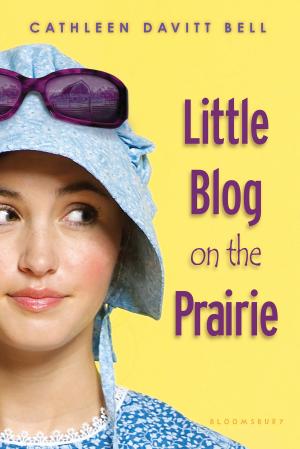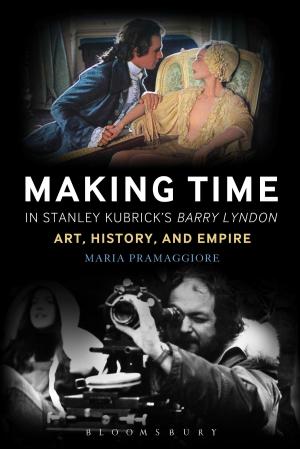British Theatre in the Great War
A Revaluation
Nonfiction, Entertainment, Performing Arts, Theatre, History & Criticism| Author: | Professor Gordon Williams | ISBN: | 9781474278096 |
| Publisher: | Bloomsbury Publishing | Publication: | December 31, 2015 |
| Imprint: | Methuen Drama | Language: | English |
| Author: | Professor Gordon Williams |
| ISBN: | 9781474278096 |
| Publisher: | Bloomsbury Publishing |
| Publication: | December 31, 2015 |
| Imprint: | Methuen Drama |
| Language: | English |
British Theatre in the Great War deals with a theatrical phase customarily dismissed by those charting twentieth-century developments. What becomes clear is that assessment by unsuitable literary criteria has masked the importance of the war years in British theatrical history. In avoiding a texts bias, the book reveals a period of unsurpassed prosperity in which the stage's substantial contribution to the war effort is only one notable feature. That it also saw the commercial theater's absorption of Continental avant-gardeism by way of revue, the last great epoch of music hall, the rise of the Old Vic with a project in opera and Shakespeare, and the unprecedented popularity of opera everywhere--this was surely the most fruitful period of Thomas Beecham's theatrical career--is compelling argument for revaluation. In his reassessment of this period, Dr. Williams extensively examines scripts and press coverage, providing a comprehensive overview from popular pantomime to the specialist work of the private stage as well as discussion of such issues as working conditions and censorship.
British Theatre in the Great War deals with a theatrical phase customarily dismissed by those charting twentieth-century developments. What becomes clear is that assessment by unsuitable literary criteria has masked the importance of the war years in British theatrical history. In avoiding a texts bias, the book reveals a period of unsurpassed prosperity in which the stage's substantial contribution to the war effort is only one notable feature. That it also saw the commercial theater's absorption of Continental avant-gardeism by way of revue, the last great epoch of music hall, the rise of the Old Vic with a project in opera and Shakespeare, and the unprecedented popularity of opera everywhere--this was surely the most fruitful period of Thomas Beecham's theatrical career--is compelling argument for revaluation. In his reassessment of this period, Dr. Williams extensively examines scripts and press coverage, providing a comprehensive overview from popular pantomime to the specialist work of the private stage as well as discussion of such issues as working conditions and censorship.















